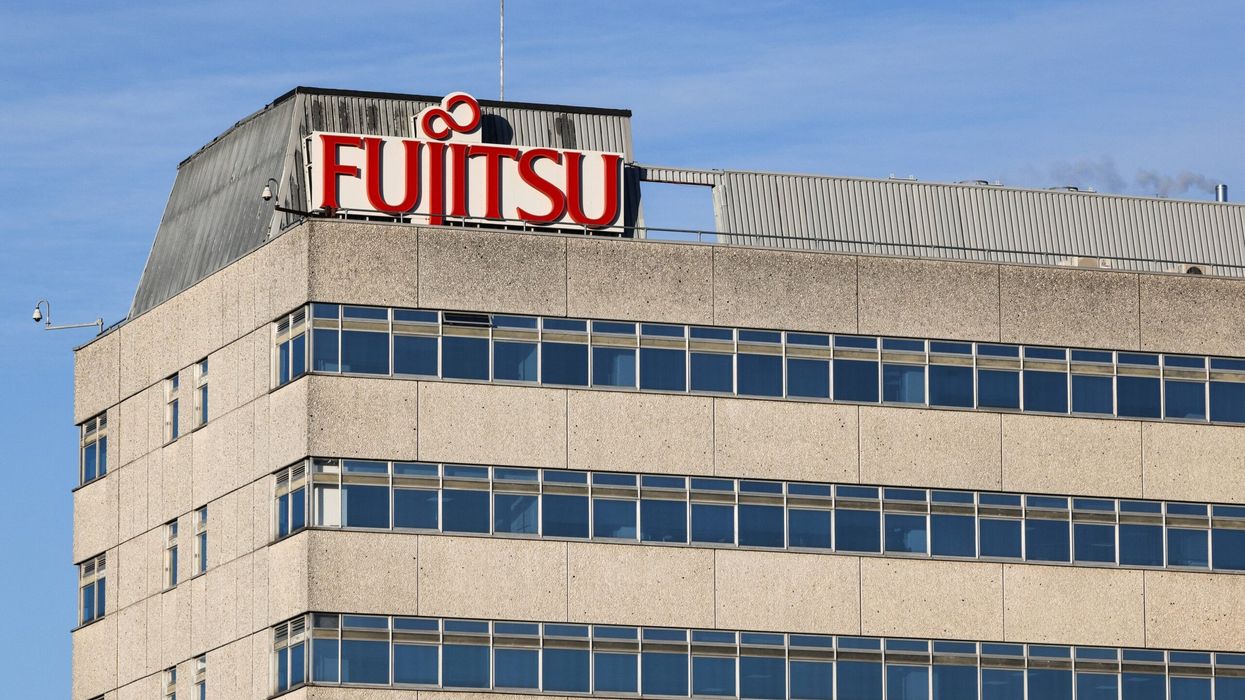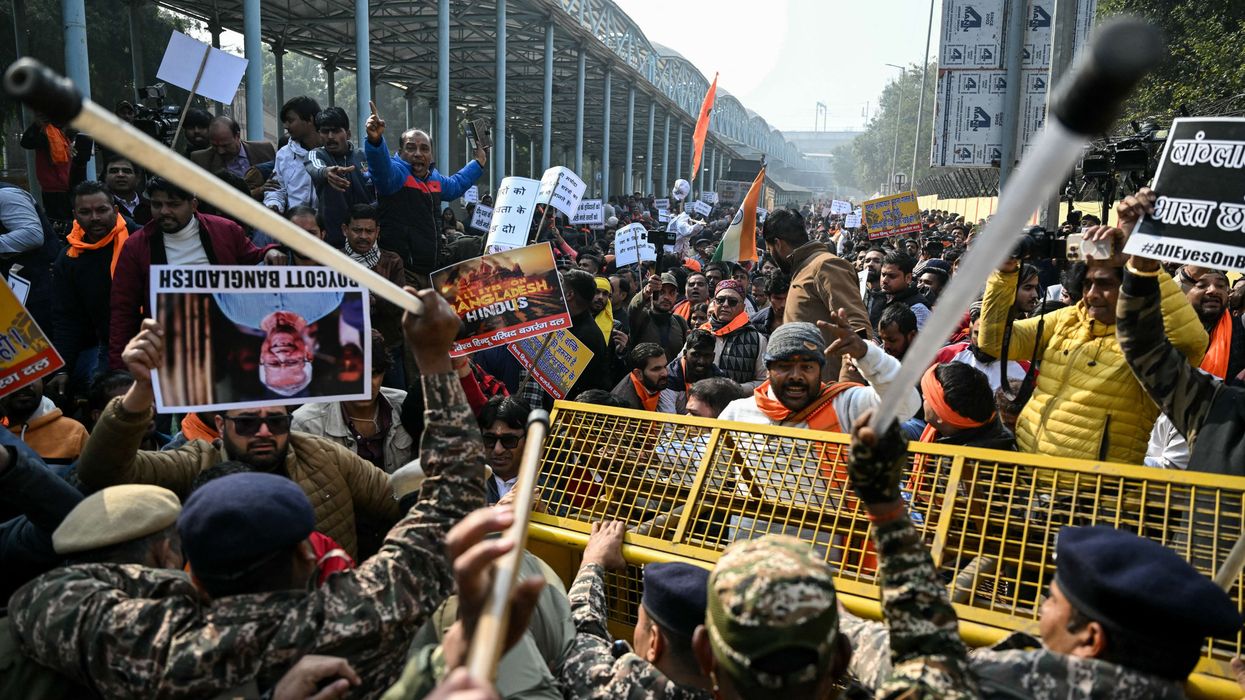The much-anticipated clash between India and Pakistan in the T20 World Cup is set to unfold at the Nassau County International Cricket Stadium in New York on Sunday.
While Pakistan are coming from a shock defeat against hosts USA, India will be confident after a thumping eight-wicket win over Ireland.
The venue, with its newly constructed 34,000-seater capacity, is expected to host a sizable crowd for what promises to be a thrilling encounter between the traditional rivals.
Amidst the excitement, concerns loom over the pitch conditions, which have been a subject of criticism for their unpredictability. Teams have struggled to post big scores, with the pitch proving to be a challenge for batsmen to negotiate.
Indian skipper Rohit Sharma highlighted the uncertainty surrounding the pitch but stressed the importance of a collective effort from the team.
The International Cricket Council (ICC) has officially acknowledged the issues with the pitch, which has raised questions about its suitability for showcasing cricket to the American audience.
The drop-in pitches, laid under the supervision of renowned groundsman Damian Hough, are yet to settle properly, contributing to uneven bounce and safety concerns for batsmen.
Rohit Sharma's recent injury scare during India's match against Ireland further underscored the challenges posed by the pitch conditions. However, despite the uncertainties, the Indian team remains focused on preparing for the game against Pakistan.
Meanwhile, Pakistan finds itself in a vulnerable position after suffering a surprising defeat to USA in their previous match. The team, led by Babar Azam, has had limited time to adapt to the conditions at the Nassau Stadium, posing a significant disadvantage ahead of their clash with India.
They arrived in New York on Thursday night following their shocking defeat to tournament debutants USA and took the next day off. As a result, Babar Azam and his squad have had limited time to adjust to these challenging conditions, which could be a disadvantage heading into this crucial encounter.
And a defeat against India could significantly complicate their qualification prospects.
Against Ireland, the Indian think-tank left out left-arm wrist-spinner Kuldeep Yadav from the playing XI and opted for an extra specialist fast bowler. On Sunday, the strategy is expected to remain the same, particularly as the match is expected to be played on an unused centre turf.
However, given Kuldeep's recent form and his favourable match-ups against Pakistani batters, especially Babar, the team management might consider including him. If that happens, one out of Axar Patel or Ravindra Jadeja may have to sit out.
The batting is more or less settled with Rohit and Virat Kohli expected to continue as openers and Rishabh Pant taking the number 3 slot.
Pakistan, on the other hand, would be hoping to get their act together after the opening shock. Their unpredictability was on full display against the USA, who pipped them in the Super Over for a memorable win.
Babar blamed the loss primarily on bowlers but what he cannot afford to overlook is the underwhelming performance of the team's batters, including him. The captain consumed 43 deliveries for his 44, which is nowhere close to being a decent strike rate in the shortest format.
And with conditions helpful for seamers as pointed out by India pace spearhead Jasprit Bumrah after the Ireland game, it won't be a surprise if the lethal version of Pakistan's bowling attack led by Shaheen Afridi decides to show up on Sunday and put the team's campaign back on track.
Security measures for the high-profile match have been significantly heightened following a received ISIS terror threat.
Nassau County Police Commissioner Patrick Ryder emphasised the extensive arrangements in place, likening them to security measures for a presidential visit.
Various law enforcement agencies, including the FBI and Homeland Security, are involved in ensuring the safety of players and spectators.
Squads:
India: Rohit Sharma (c), Hardik Pandya, Yashasvi Jaiswal, Virat Kohli, Suryakumar Yadav, Rishabh Pant, Sanju Samson, Shivam Dube, Ravindra Jadeja, Axar Patel, Kuldeep Yadav, Yuzvendra Chahal, Arshdeep Singh, Jasprit Bumrah, Mohammed Siraj.
Pakistan: Babar Azam (c), Abrar Ahmed, Azam Khan, Fakhar Zaman, Haris Rauf, Iftikhar Ahmed, Imad Wasim, Mohammad Abbas Afridi, Mohammad Amir, Mohammad Rizwan, Naseem Shah, Saim Ayub, Shadab Khan, Shaheen Shah Afridi, Usman Khan.
(PTI)













